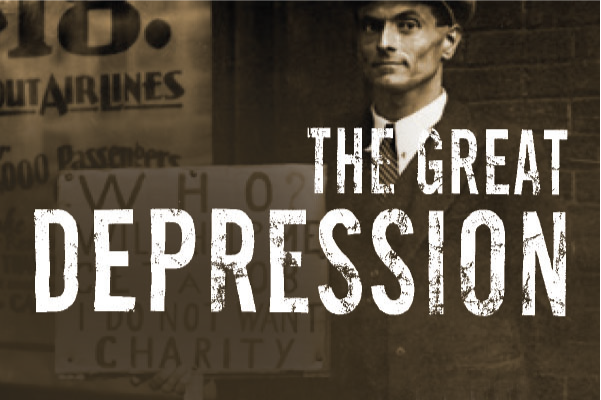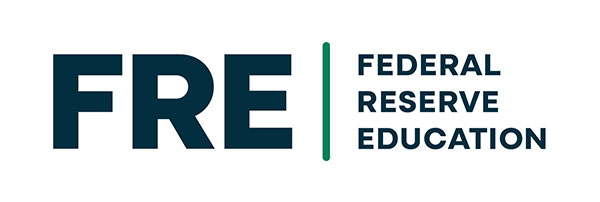The Great Depression
History holds many economic lessons. The Great Depression, in particular, provides the opportunity to learn a great deal about economics—whether you’re curious about the reasons why the Depression took place, the factors that helped it come to an end, the role of the Fed, or the impact on Americans who lived through it.
A century later it remains a defining event, especially around government involvement in the economy. The Great Depression touches on important macroeconomic concepts such as gross domestic product (GDP), inflation, deflation, money stock, and interest rates.
Economic Episodes in American History: The Great Depression, Presentation Videos

What factors led up to the Depression? Why did banks fail? What lessons are still relevant today? St. Louis Fed economist David Wheelock is an expert on the economics of the Depression. Watch these video clips as Wheelock presents a fascinating lecture.
Also see:
- The Great Depression: Q&A—Wheelock answers common questions about parallels between the Great Depression and the financial crisis that began in 2007.
- The Great Depression: An Overview (pdf)—Could it happen again? In this essay, Wheelock notes that economists have learned more and more about the importance of monetary and banking forces in both the contraction and recovery phases of the Depression. They have recognized the importance of sound macroeconomic policies in ensuring a strong economy.
- Why Study the Great Depression (.ppt)—In this downloadable presentation, Wheelock outlines economic concepts and data from the era.
Life during the Great Depression: Stories of St. Louis
What was life like during the Great Depression? Byron and Sam were entering the workforce when the Great Depression began. Margaret was 12 and lived on a farm. Raymond and Anna Marie were young children. Listen to these first-person stories from St. Louis-area residents.


